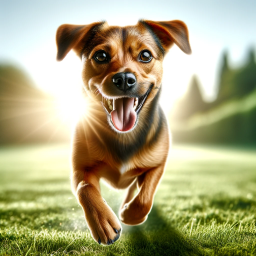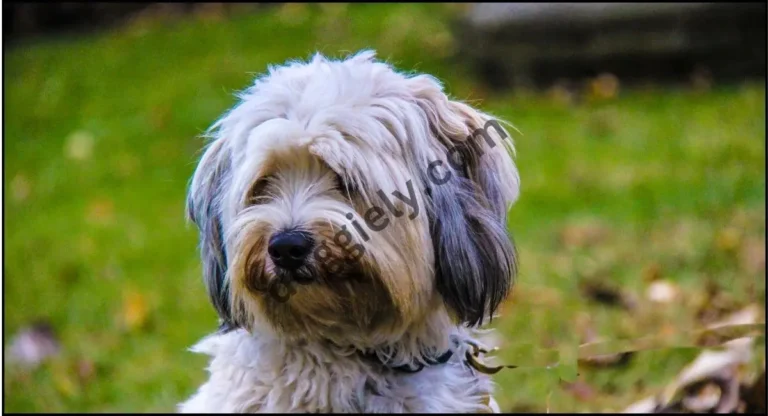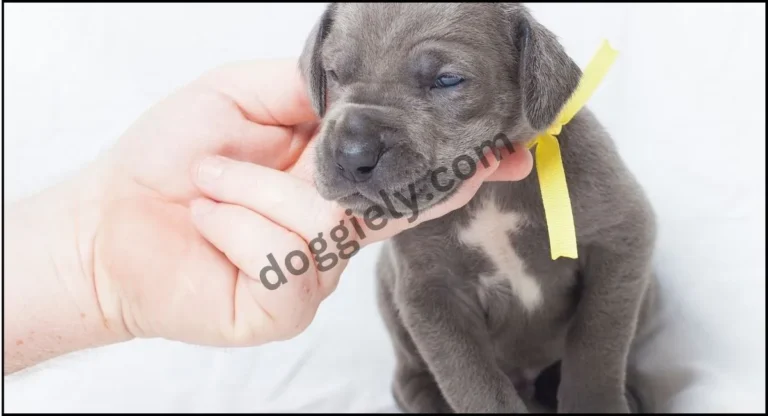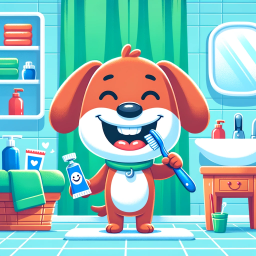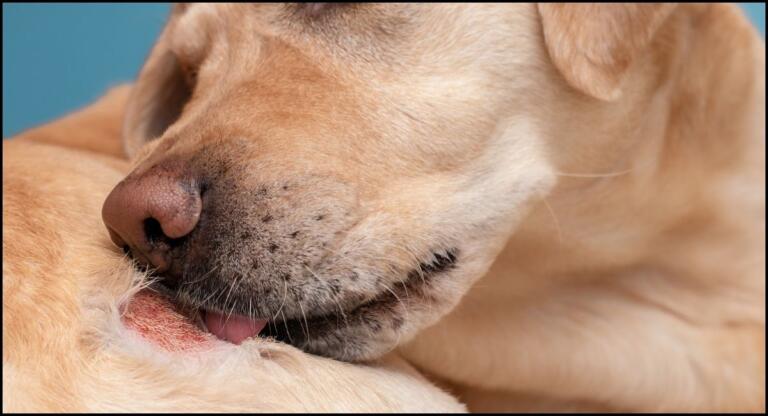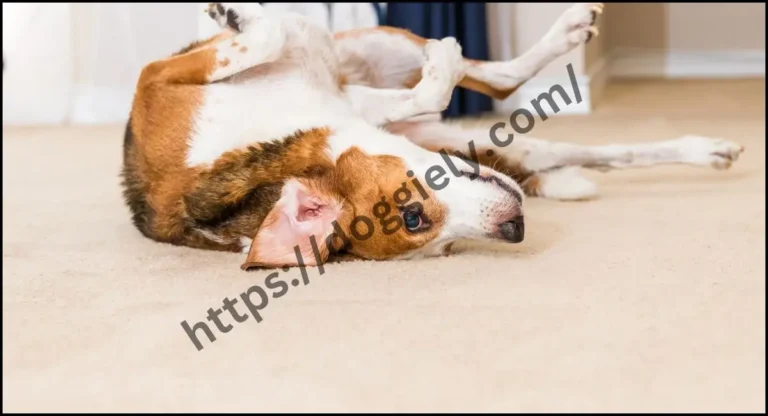Why Does My Dog Get Hiccups At Night?

Why Does My Dog Get Hiccups At Night? To know the answer, read the full article.
Has your dog been getting hiccups at nights? Have you been wondering why and if it should be a thing of concern?
This post would guide you on the important details you need to know about dog’s hiccups in the nighttime, what it is, why does it occur, if it is a cause for concern, and what you can do to stop it.
So, Why Does My Dog Get Hiccups At Night? Cold is one of the possible reasons and it is more common in puppies and some breeds like Yorkshire terriers, Boston terriers, etc. Your dog could also have swallowed a foreign substance, or has recently been racing or running around, or drank or ate its food too quickly.
- Reasons Why Your Dog Have Hiccups At Night
- 1. Eating or drinking too fast:
- 2. Cold weather:
- 3. Parasites:
- 4. Overexertion:
- Other reasons to consider
- How to get your dog’s hiccups to stop
Why Does My Dog Get Hiccups At Night?
Reasons Why Your Dog Have Hiccups At Night
Dogs’ hiccups have the same medical explanation as that of humans. When they breathe in air, their diaphragm expands, and once they breathe out, it contracts in response. Sometimes, their diaphragm gets overworked from too much activity and starts to spasm, causing them to breathe faster, this air hits an organ known as larynx, forcing it to close.
Here are some of the reasons that might be responsible for your dog’s nighttime hiccups:
1. Eating or drinking too fast:
Your dog might be getting hiccups at night because it’s eating or drinking too fast. When dogs rush down their food, they swallow large gulps of air, causing them to hiccups. Notice when your dog hiccups at night, is it just after dinner? If so, then this might be the cause.
There are so many other side effects to dogs gulping down their food a little too quickly, which includes indigestion, excessive weight gain, vomiting, and even bad breath.
If you suspect that your dog’s hiccups are as a result of it taking in its food too quickly, then you might want to make use of slow feeding dog bowls, or a food bowl, as this would ensure your dog works for its food and prevents it from eating too much and too quickly.
2. Cold weather:
Your dog might be getting hiccups at nights because it is too cold, this is usually common in puppies and certain breeds like Yorkshire terriers, Boston terriers, Papillons poodles, French bulldogs, Afghan hounds, boxers, Maltese dogs, Portuguese water dogs, Doberman pinschers.
This is because they have just a single coat with no undercoat, hence are less protected against harsh weather conditions. Extremely cold weather can cause tension to your dog’s diaphragm that results in hiccups. This is why you should ensure your dog only sleeps in a warm place.
There are other signs to help you tell if your dog is cold such as; your dog having shivers, dry skin, breathing slowly, and unwillingness to move.
3. Parasites:
Parasite infestation [1] can cause your dog to hiccups at night. Parasites such as roundworms, tapeworms, heartworms, whipworms, and hookworms are usually some of the common culprits in dogs. Suppose you believe your dog’s frequent nighttime hiccups are as a result of parasite infestation.
In that case, you should take your dog to a veterinarian immediately, as parasites do a lot of damage to internal organs, cause loss of consciousness, and in extreme cases can result in death.
Here are some signs you can look out for if you suspect your dog has worms: swollen belly, the appearance of parasites in feces, itching, scooting, vomiting, lethargy, diarrhea, coughing, and loss of appetite.
All these are signs that your dog is suffering from parasite infestation and pointers that your dog hiccups have a more malignant source than just regular hiccups.
4. Overexertion:
When dogs get overworked, they tend to breathe fast, gulping in the air quickly, and this might result in hiccups. Notice when your dog hiccups at night, was he running around? Did you just take him for a late night walk or exercise?
If so, then this might be the reason for your dog’s hiccups. Also, the breed of your dog determines the likelihood of it getting hiccups from overexertion. Brachycephalic dogs (breeds with short muzzles and flat faces) tend to get hiccups more often than dogs with regular-sized snouts.
Other reasons to consider
Based on the frequency of your dog’s hiccups at night, you can determine if your dog’s hiccups are from an underlying medical condition. Persistent hiccups are usually symptoms of diseases such as pneumonia, asthma, or a respiratory issue. If you notice this, then it is best to contact your veterinarian for a proper diagnosis.
Another reason your dog might be having hiccups at night could be because of the drive of emotions. Emotions such as excitement, fear, anxiety, or stress can spike breathing irregularities that could result in hiccups.
Notice the events that occurred around the period your dog started getting hiccups was there a loud noise? Did you get your dog a new toy? All these factors could cause your dog to hiccups at night.
How to get your dog’s hiccups to stop
Depending on the cause of your dog’s hiccups, you can employ the following to help him get rid of it:
- Distract your dog: you can help your dog get rid of its hiccups by taking it for a walk or giving him toys, or doing just about anything that would distract it from the hiccups. Ensure you only go for activities that wouldn’t further compromise its breathing, but would rather help him stay calm and relaxed.
- Help your dog to relax: the solution to hiccups at night is to find something that would help to regulate your dog’s heart rate and hence his breathing. You can try giving your dog a soothing chest and belly rub. This gentle massage should help remove the tension from your dog’s diaphragm. Treats like Karo syrup, maple syrup or honey is also said to help regulate breathing by soothing air canals and throat, thereby relieving irritation at the diaphragm.
- Give your dog water: if you notice your dog is having hiccups at night then taking water might be what your dog needs. Offer your dog a bowl of fresh, clean water and ensure he drinks it slowly and in small amounts. As rushing it all up might only make matters worse.
- Watch your dog’s feeding pattern: if you notice that your dog’s hiccups at nights are occurring a little too often than you’d like, then this might be a sign that you need to switch up your dog’s eating pattern. Perhaps, you’ve been giving your dog too much food at once. Instead, you can try splitting its food while increasing the feeding times, such that your dog doesn’t get too hungry with the smaller ration. Also, foods with high-grain content are known to cause hiccups in dogs than foods that contain low grains, so including low-grain foods to your dog’s diet might be a good idea.
FAQ
Why is my dog hiccuping in his sleep?
Your dog may hiccup in sleep due to a combination of dreaming and physiological factors
When should I be concerned about my dogs hiccups?
Be alert if your dog’s hiccups become frequent, prolonged, or are accompanied by other concerning symptoms. Our guide provides valuable insights into when you should consider seeking veterinary attention, ensuring your pet’s well-being.
How can I soothe my dogs hiccups?
Soothe your dog’s hiccups effortlessly with our practical guide. From calming techniques to dietary tips, learn easy and effective ways to provide relief for your furry companion.
Can worms cause hiccups in dogs?
Worms are not a direct cause of hiccups in dogs. Hiccups in dogs are generally considered normal and can be caused by various factors such as excitement, eating too quickly, or changes in temperature.
Conclusion
Your dog having hiccups at night might be a normal phenomenon and should not be a cause for alarm. However, suppose you notice that your dog’s hiccups become too persistent and is almost becoming chronic. In that case, that means its time to visit a veterinarian, as the sooner this is done, the faster you can find a professional solution and the sooner your dog can return to its routine. I hope you have known fully about this: Why Does My Dog Get Hiccups At Night?
Related Posts:
Read More: Why Does My Dog Open His Mouth When I Pet Him? 7 Reasons
Read More: Why Does My Dog Keep Sniffing My Legs: 5 Common Reasons
Read More: Why Does My Dog Bite Me In The Morning? 2 Way To safe From
Read More: Why Are My Dogs Balls Black? Best Number 1 Answer
Read More: Why Do Dogs Like Peanut Butter?
Read More: Dogs Eyes Rolling Back: What Does It Mean & Should You Fret?
